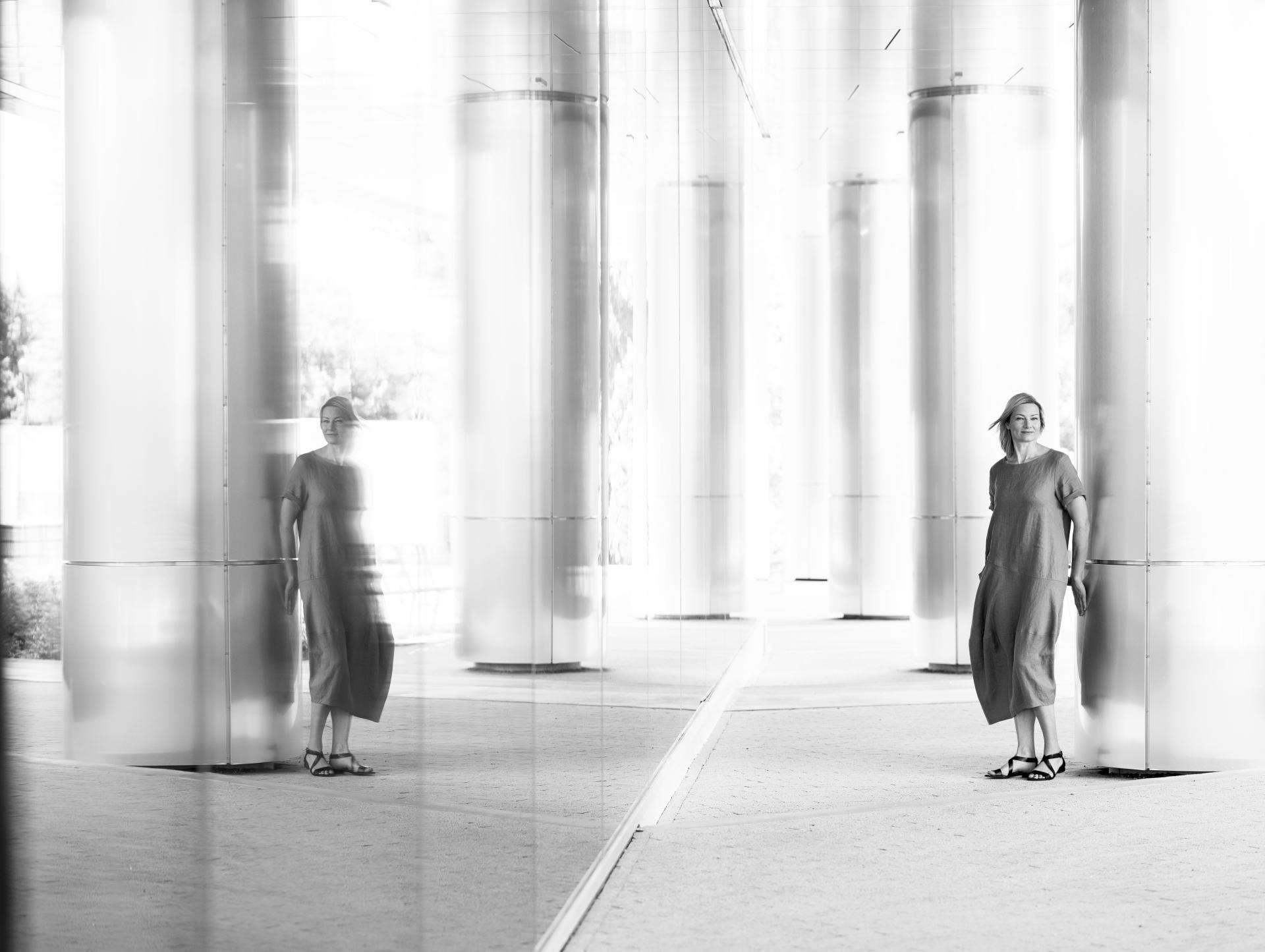Dr. sc. comp. candidate Ilze Bargā, Satellite data analyst and satellite data applications developer, researcher, SIA “Baltic Satellite Service” founder and Member of the Board
The wheel doesn’t have to be reinvented every time – knowledge doesn’t disappear and drives progress. The job of scientists and researchers is to dig in, understand and put it to creative use.
Ilze Bargā's research and work focuses on satellite data and its practical applications in agriculture, forestry, urban planning and other fields. Ilze has more than 20 years of experience in geographic information systems and their development. She has managed research projects under Interreg, European Space Agency (ESA), European Regional Development Fund (ERDF), Eurostars-2 and Horizon 2020, as well as numerous commercial projects.
One of Ilze's proudest achievements is the ForestRadar technology developed by Baltic Satellite Service, which uses satellite data to monitor risk factors in forests and agricultural areas, enabling the rapid detection of deforestation, wind and flood damage, and assists in the monitoring of forest health, for example by detecting the presence of bark beetles.
Information technology was not Ilze's first choice when she started her studies. But even then she realised that it was a vast field, offering almost inexhaustible possibilities to find one’s own field. After her Master’s studies at Riga Technical University (RTU), the opportunity to study at the University of Idaho in the USA crystallised Ilze's current occupation and passion – geographic information systems. Her professional activity and research area is satellite data and IT solutions for their interpretation and practical application.
As satellite data becomes more available, the potential for its use is huge, but it is important to develop automated tools to interpret the available data accurately. Algorithms and IT solutions can help to do this by processing large volumes of data and finding patterns in them that are of interest to users. The products and solutions developed under Ilze's leadership help to provide near real-time monitoring over geographically wide areas for rapid response, addressing issues and monitoring.
Satellite data is also becoming increasingly useful for urban planning and construction. In collaboration with the Riga City Council, Ilze has been researching the potential of open access data to improve the quality of life of citizens. Climate change is also a growing problem in large cities at our latitudes, with high air temperatures worsened by intensive construction, asphalting and the loss of green spaces.
By identifying so-called heat islands – places where heat builds up and becomes particularly intense – satellite data allows us to plan ways to tackle them, for example by developing new green spaces nearby or better planning irrigation.
Studying in America helped Ilze bring back knowledge to Latvia that was unique at that time, which she now intends to pass on to her students in Latvia. With funding from the European Space Agency, Ilze, together with colleagues from the Baltic Satellite Service and RTU, will start work on a new study programme titled “Geospatial analysis for environmental engineering” this year.
The most rewarding part of her job is seeing how satellite data can bring real benefits to people, which is why the new programme aims to offer students the opportunity to learn about the practical applications of satellite data.
The project "Research Latvia 2024" is implemented within the framework of the ERDF project “Integrated National Level Measures to Strengthen the Representation of Latvian Research and Development Interests in the European Research Area”, No. 1.1.1.5/17/I/002.
